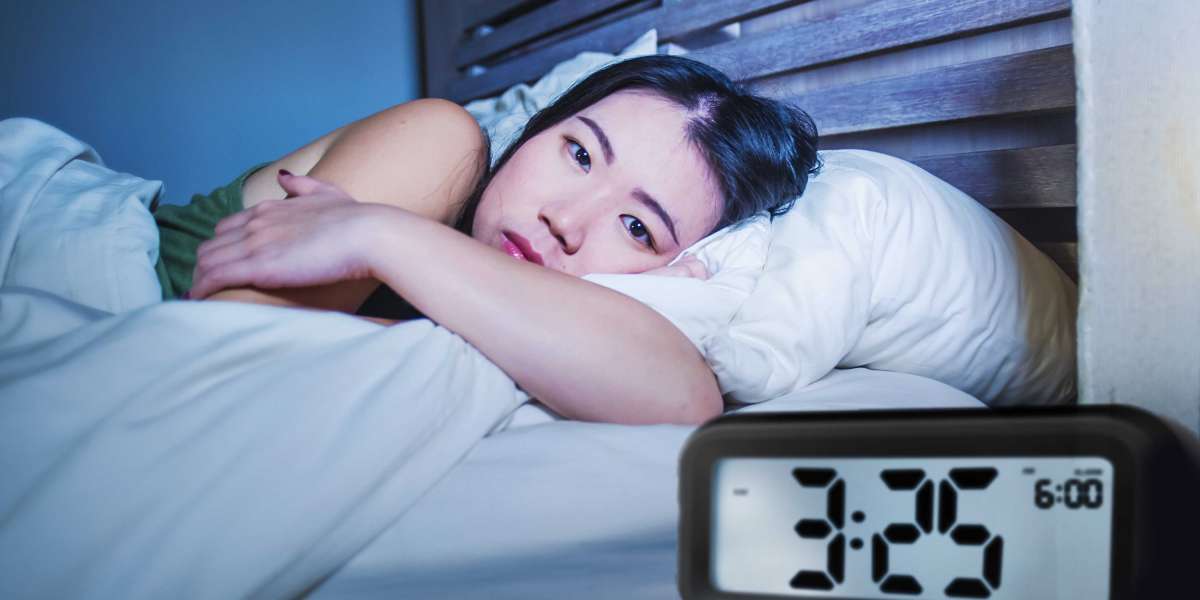Sleep is an essential component of overall health, yet millions of people worldwide suffer from insomnia. This condition can be particularly prevalent among those grappling with mental health issues such as anxiety and depression. Understanding the intricate relationship between insomnia, anxiety, and depression is crucial for developing effective treatment strategies. In this article, we will explore how these mental health conditions impact sleep quality and offer insights into managing insomnia.
Understanding Insomnia
insomnia is characterized by difficulty falling asleep, staying asleep, or waking up too early. This condition can lead to a host of negative consequences, including fatigue, mood disturbances, impaired cognitive function, and decreased quality of life. Insomnia can be classified into two main categories: acute insomnia, which lasts for a short period, often triggered by stress or life events, and chronic insomnia, which persists for three months or longer.
Causes of Insomnia
The causes of insomnia symptoms are multifaceted and can include:
Stress, anxiety, and depression are significant contributors to insomnia. Mental health issues can lead to a hyperactive mind, making it difficult to relax and fall asleep.
Chronic pain, respiratory issues, and hormonal changes can interfere with sleep patterns.
Poor sleep hygiene, irregular sleep schedules, and excessive caffeine or alcohol intake can exacerbate insomnia.
Noise, light, and uncomfortable sleeping conditions can disrupt sleep.
The Connection Between Anxiety and Insomnia
Anxiety disorders are among the most common mental health conditions, affecting millions of people worldwide. Individuals with anxiety often experience excessive worry, racing thoughts, and heightened physiological arousal, all of which can significantly impact sleep quality.
How Anxiety Affects Sleep
People with anxiety frequently struggle with intrusive thoughts that can make it difficult to relax. This mental chatter can keep individuals awake at night, leading to prolonged periods of insomnia.
Anxiety can manifest in physical symptoms such as increased heart rate, sweating, and muscle tension. These symptoms can create discomfort and prevent restful sleep.
Anxiety often triggers a state of hyperarousal, where the body remains in a heightened state of alertness. This response can disrupt the natural sleep cycle, leading to difficulties falling asleep or staying asleep.
Anxiety-Related Sleep Disorders
In some cases, anxiety can lead to specific sleep disorders, such as:
Generalized Anxiety Disorder (GAD): Individuals with GAD may experience chronic worry that interferes with sleep.
Panic attacks can occur during the night, causing fear and disrupting sleep.
Those with PTSD may experience nightmares and flashbacks, which can severely impact sleep quality.
The Relationship Between Depression and Insomnia
Depression is another prevalent mental health condition that significantly affects sleep. Individuals with depression may experience a range of sleep disturbances, from insomnia to hypersomnia (excessive sleepiness).
How Depression Affects Sleep
Depression can alter the normal sleep cycle, leading to increased wakefulness during the night and decreased time spent in restorative sleep stages, such as REM (Rapid Eye Movement) sleep.
Individuals with depression often experience fatigue and lack of motivation, which can affect their ability to maintain a regular sleep schedule.
Depression is often associated with negative thoughts and feelings of hopelessness, which can exacerbate insomnia and create a vicious cycle of poor sleep and worsening mood.
Depression-Related Sleep Disorders
Several sleep disorders are commonly associated with depression, including:
Individuals with MDD may experience insomnia or disrupted sleep patterns as a symptom of their condition.
This type of depression is linked to seasonal changes and can cause sleep disturbances during specific times of the year.
The Vicious Cycle: Insomnia, Anxiety, and Depression
The interplay between insomnia, anxiety, and depression creates a vicious cycle. Poor sleep can exacerbate symptoms of anxiety and depression, while heightened anxiety and depressive symptoms can lead to further sleep disturbances.
Impact on Daily Life
Lack of sleep can impair cognitive functions such as memory, attention, and decision-making, making it challenging for individuals to manage their mental health.
Sleep deprivation can exacerbate mood swings and emotional instability, increasing irritability and anxiety.
Sleep problems can affect social interactions and relationships, as individuals may withdraw due to fatigue or mood disturbances.
Strategies for Managing Insomnia Related to Anxiety and Depression
1. Establish a Healthy Sleep Routine
Creating a consistent sleep schedule can help regulate the body's internal clock. Aim to go to bed and wake up at the same time each day, even on weekends.
2. Practice Relaxation Techniques
Incorporate relaxation techniques such as deep breathing, meditation, or progressive muscle relaxation into your bedtime routine. These practices can help calm the mind and prepare the body for sleep.
3. Limit Stimulants and Alcohol
Reduce or eliminate the consumption of caffeine and alcohol, particularly in the hours leading up to bedtime. Both substances can disrupt sleep patterns and exacerbate anxiety.
4. Create a Sleep-Friendly Environment
Ensure your sleep environment is conducive to rest. This may include comfortable bedding, a dark and quiet room, and a cool temperature.
5. Seek Professional Help
If insomnia persists, consider seeking help from a mental health professional. Cognitive-behavioral therapy for insomnia (CBT-I) has been shown to be effective in addressing sleep issues related to anxiety and depression.
In summary
Insomnia is a prevalent issue that often intertwines with anxiety and depression. Understanding the connection between these mental health conditions and sleep disturbances is crucial for effective management. By implementing strategies to improve sleep hygiene and addressing underlying mental health issues, individuals can break the cycle of insomnia and enhance their overall well-being. Prioritizing sleep is not just about rest; it is an integral part of maintaining mental health and achieving a balanced life.







